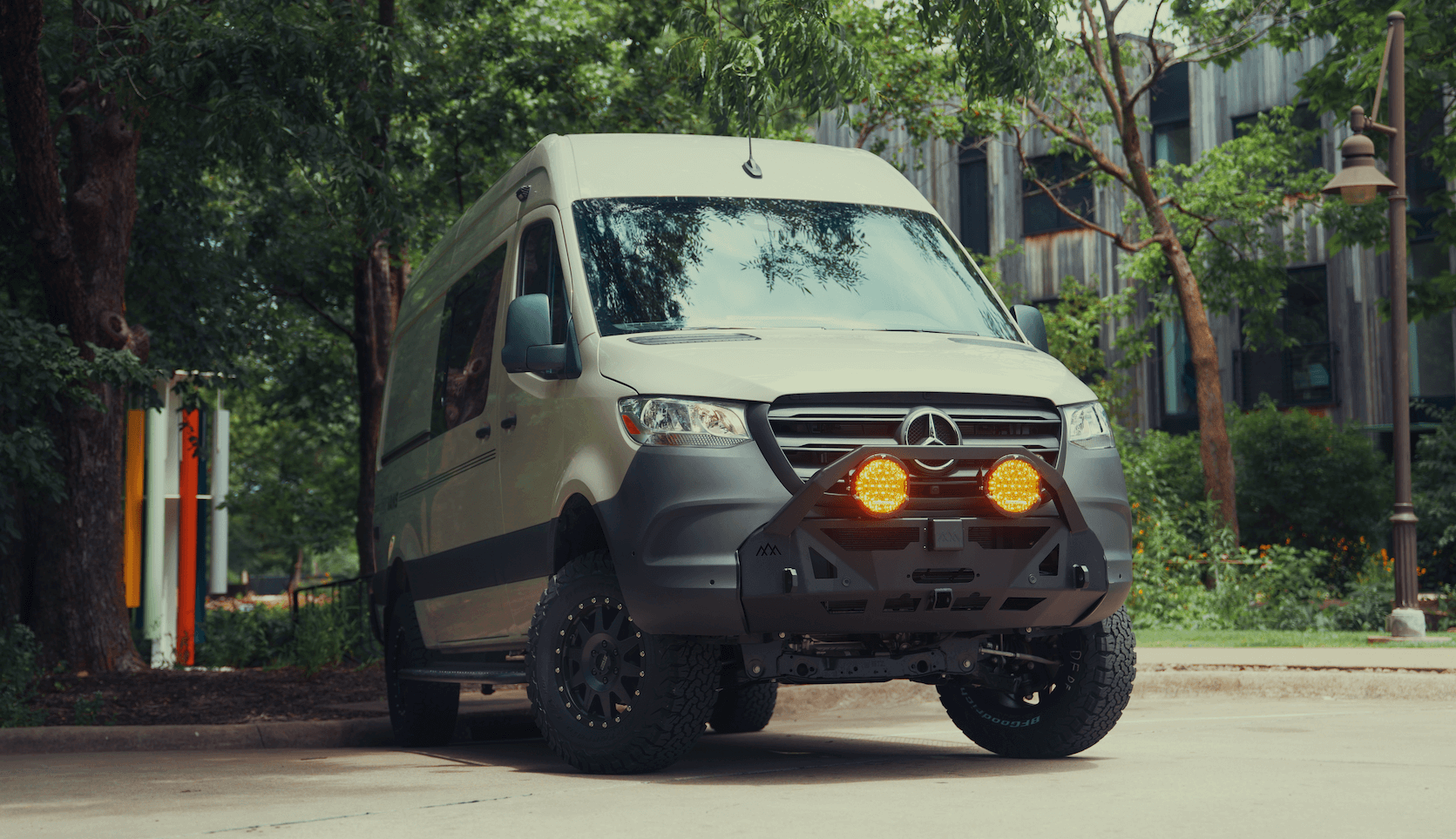Recreational Vans

Picture a gravel lot that smells like cedar and coffee, tables lined with rivnuts and wire ferrules, and a quiet chorus of impact drivers. That is the rhythm of many van build workshops and retreats. These events blend classroom sessions with practical practice, add time for community meals, and often include camp nights that turn strangers into friends. The goal is confidence through repetition and clarity through a sequence that makes sense. By the end, you should understand what to do, when to do it, and how to do it safely.
Van build workshops come in a few flavors. Some focus on design and planning so you can decide on a layout, electrical capacity, and weight targets before a single cut. Others offer supervised stations for first practice with tools, crimping, cutting, and measurement. Retreats add a camp setting that prioritizes connection, nightly debriefs, and time on trail or water to reset the brain between build blocks. No two events run the same, so understanding formats helps you choose well.
Workshops usually group people by experience level. Beginners might start with tape measure basics, square lines, and how to read a wiring diagram. Intermediate learners might take on subfloor prep, furring strategies, or safe cut lists. Advanced blocks can include system sizing and cabinet mounting techniques to withstand washboard roads.
Retreats emphasize pace and community. You get morning instruction, a midday build lab, and evening stories around a fire. The arc helps learners absorb complex topics like battery chemistry or power audits while keeping energy high. Expect limited class sizes for better access to coaches.
Common goals include:
Good events share a through line. They start with use cases, then translate goals into practical specs.
Electrical systems
Water and thermal
Structure and finishes
Safety and compliance
Budget and project management
Expect guided time with crimpers, multimeters, rivnut tools, jigsaws, oscillating tools, and squares. Instructors usually demonstrate proper technique, then watch you practice and correct your form. Material sessions cover wire types, fuses, terminals, insulation, paneling, and structural rivets.
Start with your goals. If you need decision clarity, a planning heavy weekend might be enough. If you want practice with tools, look for hands on lab blocks and small groups. Check the instructor backgrounds for electrical or fabrication expertise and ask how many coaches assist per session.
Evaluate curriculum depth. A solid event will share a syllabus with learning outcomes for each block. Look for clear safety sections, time for Q and A, and simple checklists you can use later. Ask how they address weight, serviceability, and future upgrades, not just aesthetics.
Consider the environment. Retreats in scenic locations can help you think clearly about real use. Camp based events also give time for peer feedback. If you want quiet focus, a shop based workshop with dedicated bays might be better.
Pricing varies by length, location, and instructor count. Multi day retreats with camping often include meals and evening sessions. A good event should send you home with a layout, a prioritized parts list, and a project sequence that fits your timeline. The right workshop is the one that gives you confidence and a clear next step.
Workshops and retreats teach principles and give you a safe place to practice. That is valuable, yet some travelers prefer a turnkey path with tested systems, clean wiring, and a warranty backed by a dedicated team. If your timeline is tight, your budget is fixed, or you want known quality from day one, commissioning a professional build can be the smarter decision.
OZK Customs builds complete adventure vans for long range travel, off grid comfort, and real storage for bikes, boards, and tools. We design with service access, proper wire routing, and cabinet joinery that stays quiet on rough roads. Our team listens first and then engineers a layout around how you actually travel. Pickup in Northwest Arkansas is simple and the region offers world class trails for your first shakedown trip.
At the end of the day, van build workshops and retreats can sharpen your understanding and help you make informed choices. If you decide a professional build fits your goals, we are ready to craft a rig that simply works every time you turn the key.
Strong finish starts with a clear plan. Share your travel style, terrain, and gear list, and we will map a build that fits your life. When you are ready to move from notes to keys, reach out and we will get you rolling.
Ready to skip guesswork and drive a purpose built rig? OZK Customs designs and builds complete adventure vans with proven layouts, clean wiring, and dialed off grid systems. Tell us how you travel, and we will engineer the rest. Start your custom build conversation today.
ADDRESS:
6159 E Huntsville Rd, Fayetteville, AR 72701
PHONE:
(479) 326-9200
EMAIL:
info@ozkvans.com